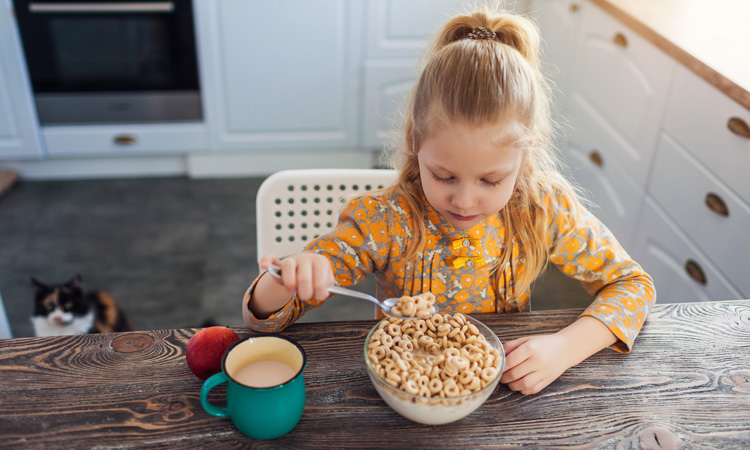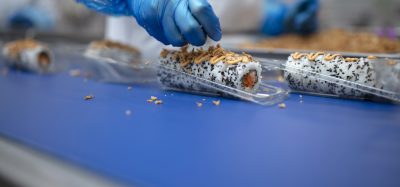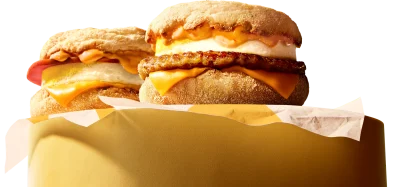The benefits of non-perishables in a pandemic crisis
- Like
- Digg
- Del
- Tumblr
- VKontakte
- Buffer
- Love This
- Odnoklassniki
- Meneame
- Blogger
- Amazon
- Yahoo Mail
- Gmail
- AOL
- Newsvine
- HackerNews
- Evernote
- MySpace
- Mail.ru
- Viadeo
- Line
- Comments
- Yummly
- SMS
- Viber
- Telegram
- Subscribe
- Skype
- Facebook Messenger
- Kakao
- LiveJournal
- Yammer
- Edgar
- Fintel
- Mix
- Instapaper
- Copy Link
Posted: 20 March 2020 | Tyler A. McNeil | No comments yet
Companies across the world are having to create contingency plans and react to changes in demand as a result of the COVID-19 outbreak. Here, Tyler A. McNeil takes a look at the Kellogg Company’s response to a soar in demand for non-perishable items.


The Kellogg Company is bracing the coronavirus with caution while potentially benefiting from consumers stocking up.
The multinational company, which carries a variety of cereal and snack brands, experienced its steepest earnings upshot in a year over the last week. This news follows a bundle of grocery product companies faring well in an otherwise global economic downturn.
But as the virus spreads, company officials have taken unspecified preventive measures to bar the pandemic from hurting facets of production in Kellogg’s 180-nation manufacturing plants.
Kelloggs is headquartered in Battle Creek, US. No Coronavirus cases have yet been reported in Battle Creek or the city’s surrounding county.
“We are taking proactive, precautionary measures to manage business continuity, including plans to help ensure we have sufficient ingredients, packaging, inventory and logistics support,” said Kellogg’s Spokesperson, Kris Bahner, in a statement to New Food.
It is smooth sailing conditions for Kellogg’s and companies of its ilk which produce a wide net of non-perishable items
Bahner added that production plans frequently change based on consumer demand, but the spokesperson wouldn’t provide details unrelated to Kellogg’s quarterly stock reports.
Kellogg’s quarterly earnings are projected to go up the next two quarters, Zacks Investment Research reported. As of Tuesday, shares valued at $69 USD (£57) and since 12 March, its value has continually pushed upwards.
It’s smooth sailing conditions for Kellogg’s and companies of its ilk which produce a wide net of non-perishable items. These items are typically distributed to supermarkets, which have gulped a hefty share of the global food market to government-mandated restaurant closures, market watchers say.
“Consumers are stocking up, which is causing a short-run demand boost,” said Dr. Jayson Lusk, an American food and agriculture economist at Purdue University. “In addition, consumers are shifting food purchases from restaurants to at-home consumption, which is helping companies that mainly sell in grocery type outlets.”
While making profits, Kellogg’s has also funnelled a chip of its resources toward coronavirus relief efforts.
For 2020, Kellogg’s as of the 2019 fourth quarter projected one to two percent growth overall. This included broad growth in Africa, steady growth in Europe, and some headwinds in Latin America following a transition between distributors. Company officials additionally anticipated high snack profits and low cereal sales.
Kellogg’s carries a wide net of brands, 15 of which are sold in the United Kingdom. Further, Luxembourg-based Ferrero Group acquired a fraction of Kellogg’s brands for $1.3 billion USD (£1 billion) in early 2019. Kellogg’s still carries a large chunk of the supermarket with multinational brands like Pop-Tarts, Rice Krispies, and Nutri-Grain.
Without specifying what products are currently wooing consumers and where sales are hot, Bahner said the company has “seen high demand for some of our foods in some areas.”
While making profits, Kellogg’s has also funnelled a chip of its resources toward coronavirus relief efforts. Kellogg’s on Monday announced a $500,000 (£414,660) gift to Global FoodBanking Network and Feeding America, two organisations committed to feeding poor children in closed districts who rely on school meals. It has also provided smaller hunger relief donations during the outbreak including a $100,000 (£82932) gift to an emergency relief fund in Kalamazoo, US.
“We will continue to actively evaluate where additional support is needed,” Bahner said in a Monday press release.
As of press time, the US reported 5,303 cases and 100 deaths, the UK 1,950 with 60 and globally 200,000 cases with more than 7,000 deaths.
About the author
Tyler A. McNeil is a business writer from Upstate New York. He has written in Bakery and Snacks, Schenectady Daily Gazette, CivMix, Albany Times Union, and New York Upstate. Tyler graduated from the University at Albany in 2018.
Related topics
COVID-19, Food Security, Outbreaks & product recalls, Research & development, Supermarket, Supply chain, Trade & Economy









